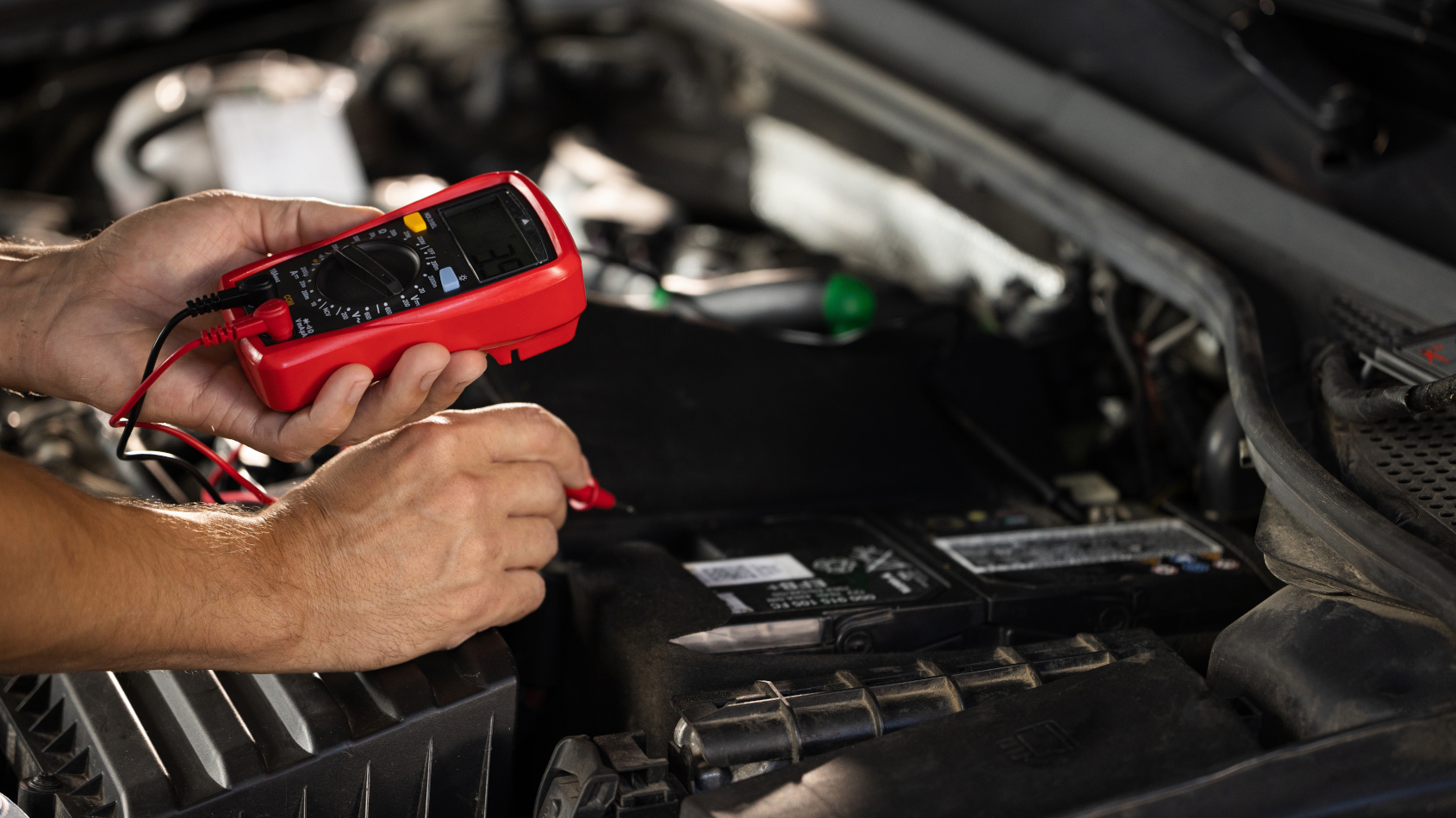COMMENTARY: How accurate OBDII data is reducing arbitration & building trust at auto auctions

By subscribing, you agree to receive communications from Auto Remarketing and our partners in accordance with our Privacy Policy. We may share your information with select partners and sponsors who may contact you about their products and services. You may unsubscribe at any time.
In today’s wholesale automotive marketplace, transparency and trust are the driving forces behind stronger transactions. With vehicles often sold sight-unseen through digital or simulcast platforms, buyers depend on condition reports to provide an honest reflection of a vehicle’s health.
That’s why the integration of accurate OBDII Diagnostic Trouble Code (DTC) data into auction condition reports is emerging as one of the most impactful innovations in the remarketing industry — benefiting buyers, sellers, and auctions alike.
Transparency that builds buyer confidence
Buyers have always faced a level of uncertainty when purchasing vehicles through auctions, especially when decisions are made quickly and often remotely. Traditional condition reports focus primarily on cosmetic and structural elements, but they can overlook mechanical or emissions-related problems that may only be detected through an OBDII diagnostic scan.
By embedding verified OBDII DTC data directly into the report, auctions provide buyers with a data-backed, objective look at the vehicle’s internal health. This transparency empowers buyers to make more confident decisions, assess risk more accurately, and focus their bids on vehicles that meet their recon and retail-ready standards.
“Buyers want to know exactly what they’re getting — and OBDII data makes that possible,” said Chris Watkins, owner of Sunflower Auto Auction. “When a buyer sees there are no active codes or that minor codes are fully disclosed, it builds immediate trust and confidence in the transaction.”
Sellers gain credibility — and stronger returns
For sellers, providing accurate OBDII data is equally beneficial. Disclosing diagnostic results upfront shows transparency and professionalism, signaling to buyers that the seller has nothing to hide. Vehicles with verified diagnostic scans tend to attract more bidders and command higher prices, since buyers can bid aggressively without fear of hidden issues.
Subscribe to Auto Remarketing to stay informed and stay ahead.
By subscribing, you agree to receive communications from Auto Remarketing and our partners in accordance with our Privacy Policy. We may share your information with select partners and sponsors who may contact you about their products and services. You may unsubscribe at any time.
“When sellers provide clean OBDII scans with their vehicles, it’s a credibility boost,” noted Watkins. “It shows they’re committed to fair dealing — and that’s something buyers reward with stronger bids.”
Additionally, the ability to confirm “no active codes” or “no MIL (Malfunction Indicator Lamp) present” supports higher perceived vehicle value and reduces the potential for post-sale complaints.
Reducing arbitration — and auction costs
One of the most significant advantages of integrating OBDII DTC data into condition reports is the reduction of post-sale arbitration. Many arbitration claims stem from undisclosed or unknown mechanical issues that could have been detected through a simple pre-sale diagnostic scan.
By incorporating accurate OBDII data, auctions can:
- Minimize post-sale disputes, particularly over check engine lights and emission-related faults.
- Reduce administrative costs and the time required to manage arbitration claims.
- Improve overall buyer and seller satisfaction, creating smoother, more trustworthy transactions.
Helping dealers make smarter trade-in & acquisition decisions
Beyond the auction lanes, accurate OBDII diagnostic data is proving invaluable for retail and wholesale dealers during trade-in appraisals and vehicle acquisitions. A quick diagnostic scan provides instant insight into the health of the engine, transmission, and emissions systems — helping dealers determine a more precise and fair-trade value.
When a trade-in shows active codes or pending issues, a dealer can immediately factor potential repair costs into the appraisal. Conversely, when a vehicle scans clean, it can justify a stronger offer and quicker retail turnaround.
Even more importantly, OBDII reports can reveal when trouble codes were recently cleared, indicating that someone may have reset the system to temporarily hide a check-engine or common dash light DTC. This transparency prevents costly surprises after acquisition and helps protect dealers from overpaying for vehicles that may have underlying mechanical problems.
For dealership groups and independent retailers alike, this diagnostic insight transforms subjective appraisals into data-driven acquisition decisions —reducing risk, increasing gross profit, and speeding up inventory turn.
A smarter, fairer marketplace
Accurate OBDII reporting enhances the integrity of the entire auction and dealership ecosystem. Buyers gain confidence, sellers build credibility, and auctions reduce operational friction and costs. Dealers, meanwhile, gain a powerful diagnostic tool to protect their margins during trade-ins and wholesale purchases.
As digital wholesale continues to evolve, data-backed transparency is fast becoming a competitive differentiator. What once was an optional diagnostic check is now a core component of a smarter, more efficient remarketing and retail process.
“Ultimately, OBDII data gives everyone in the transaction what they want most — certainty,” said Chris George, senior vice president of sales & product for CarDr.com, a company providing AI-driven vehicle diagnostics for auctions and dealerships. “And certainty drives confidence, which drives stronger results.”
Greg Lubrani is CEO and president of CarDr.com


